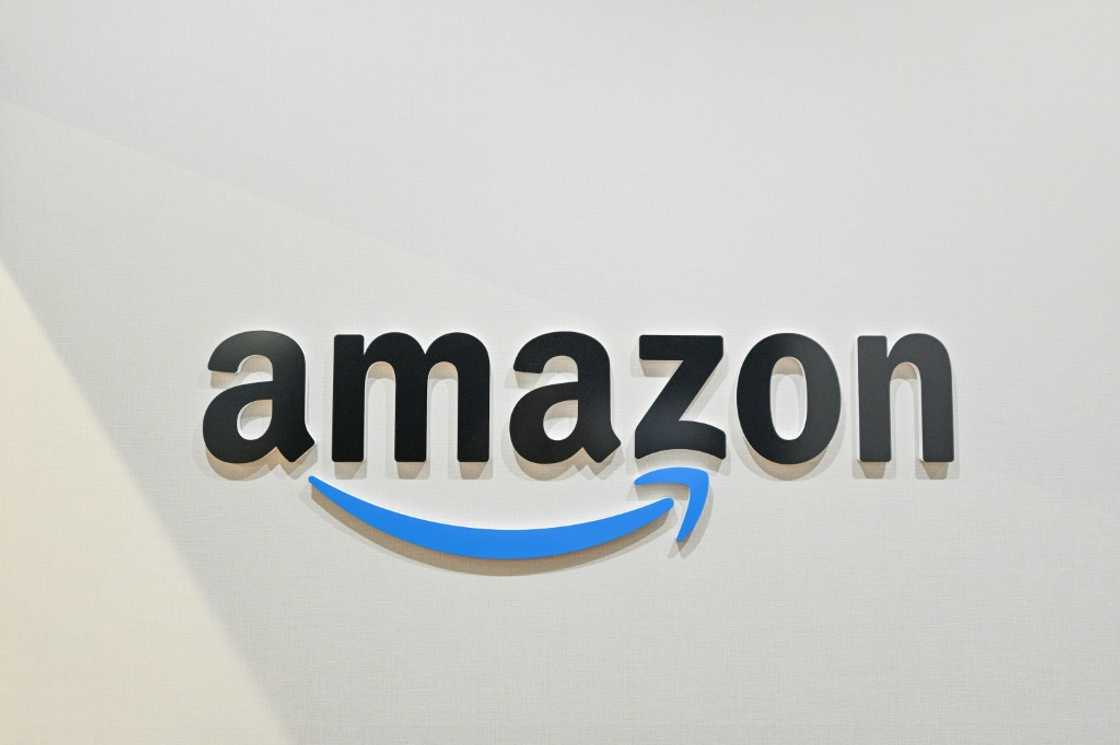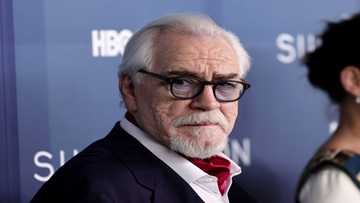Amazon invests $120 million in internet satellite facility

Source: AFP
Amazon said Friday it will invest $120 million to build a satellite construction facility at NASA's Kennedy Space Center, as part of its plans to launch a space internet service to rival SpaceX's Starlink.
The company founded by Jeff Bezos says its "Project Kuiper" will provide "fast, affordable broadband to unserved and underserved communities around the world," with a constellation of more than 3,200 satellites in low Earth orbit (LEO).
"We have an ambitious plan to begin Project Kuiper's full-scale production launches and early customer pilots next year, and this new facility will play a critical role," said Steve Metayer, vice president of Kuiper Production Operations.
The company has another production facility in Kirkland, Washington, where it will begin operations by the end of this year.
The units will then be sent to Florida to carry out final preparations, and integrate them with rockets from Blue Origin -- also founded by Bezos -- and United Launch Alliance (ULA) ahead of launch.
Elon Musk's SpaceX launched the first batch of its more than 3,700 operational Starlink satellites in 2019 and is by far the biggest player. London-headquartered OneWeb is another early entrant in the emerging sector.
PAY ATTENTION: Follow us on Instagram - get the most important news directly in your favourite app!
But governments are also keen to join the rush.
China plans to launch 13,000 satellites as part of its GuoWang constellation, while Canada's Telesat will add 300 and German start-up Rivada is eyeing 600.
That will be in addition to the European Union's Iris project -- 170 satellites -- and the 300-500 satellites planned to be launched by the US military's Space Development Agency.
Source: AFP


